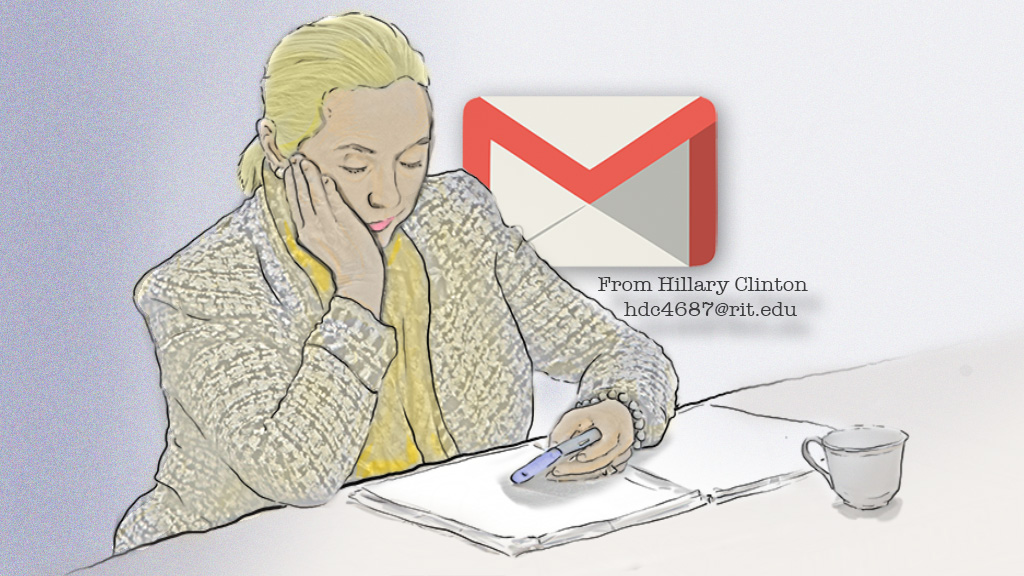The most recent political controversy to engulf the media’s attention is the revelation that former Secretary of State Hillary Clinton, an expected presidential candidate for 2016, used her personal email while serving in the position. In my opinion, this discovery not only could impede her chances in 2016, but it puts into question her commitment to the growingly important issue of transparency within our government.
A few days after the initial reports surfaced, Clinton asked the State Department to publicly release the 55,000 pages of printed emails she had given them last December. The agency requested these from her following the discovery of her private email address by the House Committee investigating the attacks on the American Consulate in Benghazi in 2012. The State Department said they will release them to the public, but in order to ensure that no potentially sensitive information is disclosed, the process will take a few months. The Associated Press has since sued the department, citing the U.S. Freedom of Information Act, in hopes of expediting their release.
This situation puts pressure on Clinton's likely campaign for president in 2016. At the moment, she stands unopposed and is by far the most likely candidate to lead the Democratic ticket. In light of this situation, others might see an opportunity to enter the race and challenge her.
Clinton is now faced with the decision: does she wait and see if the immediate controversy will blow over, then announce? Or does she wait for the State Department to release her emails, only announcing if she is willing and able to weather another media firestorm? There is no easy choice, though perhaps even more pressing is the fact that about 300 of her emails were provided to the select House Committee on Benghazi. Given how critical Republicans have been of the former Secretary’s handling of that incident, it is probable that the issue will be politicized once more when the media and public have access to those documents.
No matter when she announces, she is starting with two strikes. Not only will she have to worry about attacks from the right, but she will have an uphill battle convincing voters that she will run an open government. The State Department revealed that despite Clinton's claims to the contrary, there was not a system to automatically record emails she had sent to other officials’ dot-gov accounts; it makes her seem that much more secretive, since she was the one who chose which emails were handed over to the State Department. It's hard to believe that she is transparent when so much communication is absent or lost from the record. While it's understandable that Clinton would want to protect classified information, how can voters trust her when she is the sole judge of the information she discloses?
Having this incident loom over, if not shut down, her campaign gives other Democrats the chance to build up support in order to challenge her, whereas an early unopposed announcement would have given the party time to rally around one candidate. With the sheer amount of contenders on the right, an unopposed Clinton would likely carry far less baggage than the eventual Republican candidate. The party is splintered over issues such as gay marriage and the Tea Party, so the competition for that nomination could be
Questions of legality aside, the decision to use a private email address while serving as Secretary of State has turned into an untimely mistake for Clinton. Her dilemma draws the ire of voters fed up with secretive government practices, and it may very well put her campaign in jeopardy. While this incident may not be the literal end for Clinton's bid for president in 2016, I believe it has created the opportunity for competition to arise — competition that now has a fighting chance. I hope such circumstances will allow a candidate to come forward who truly values honesty and openness with voters.








